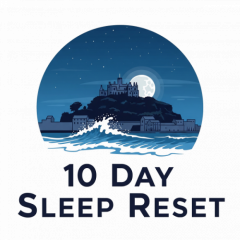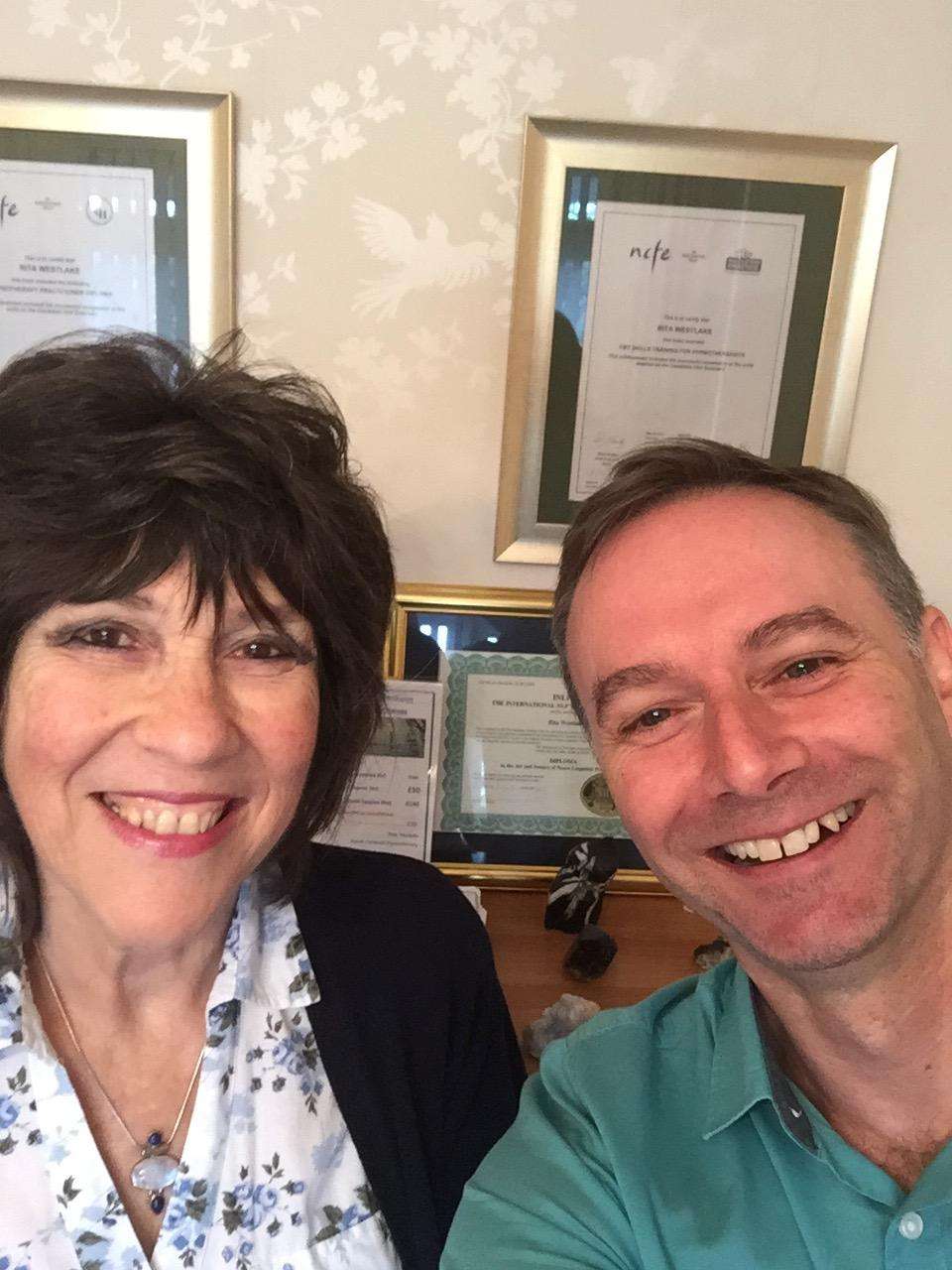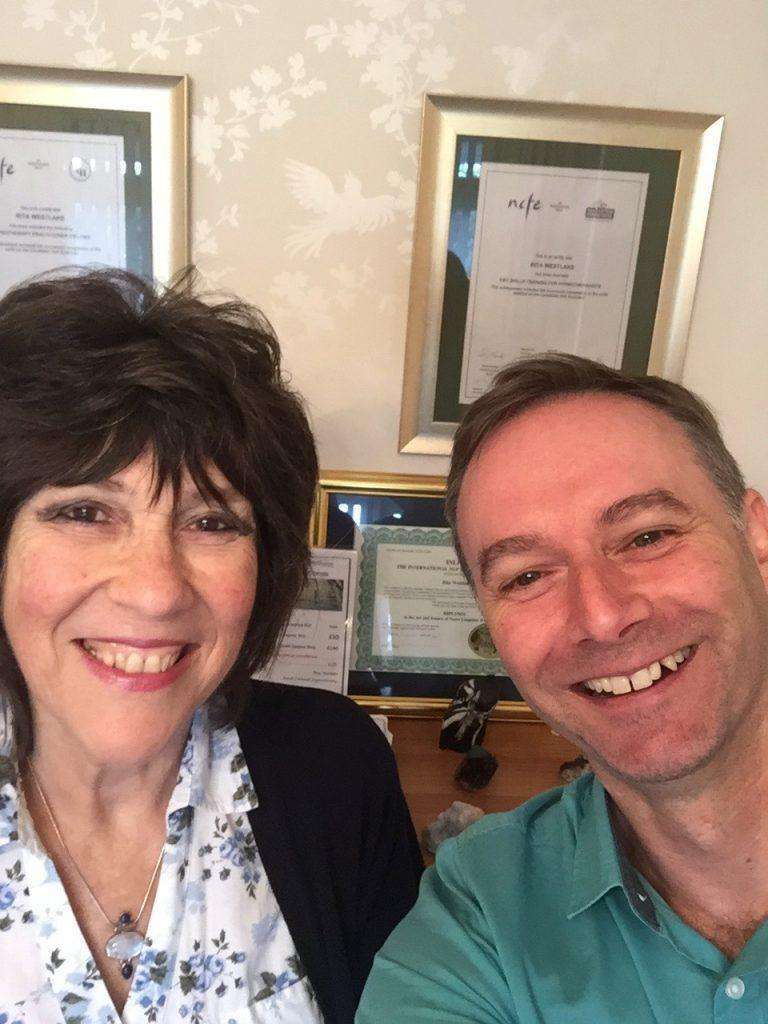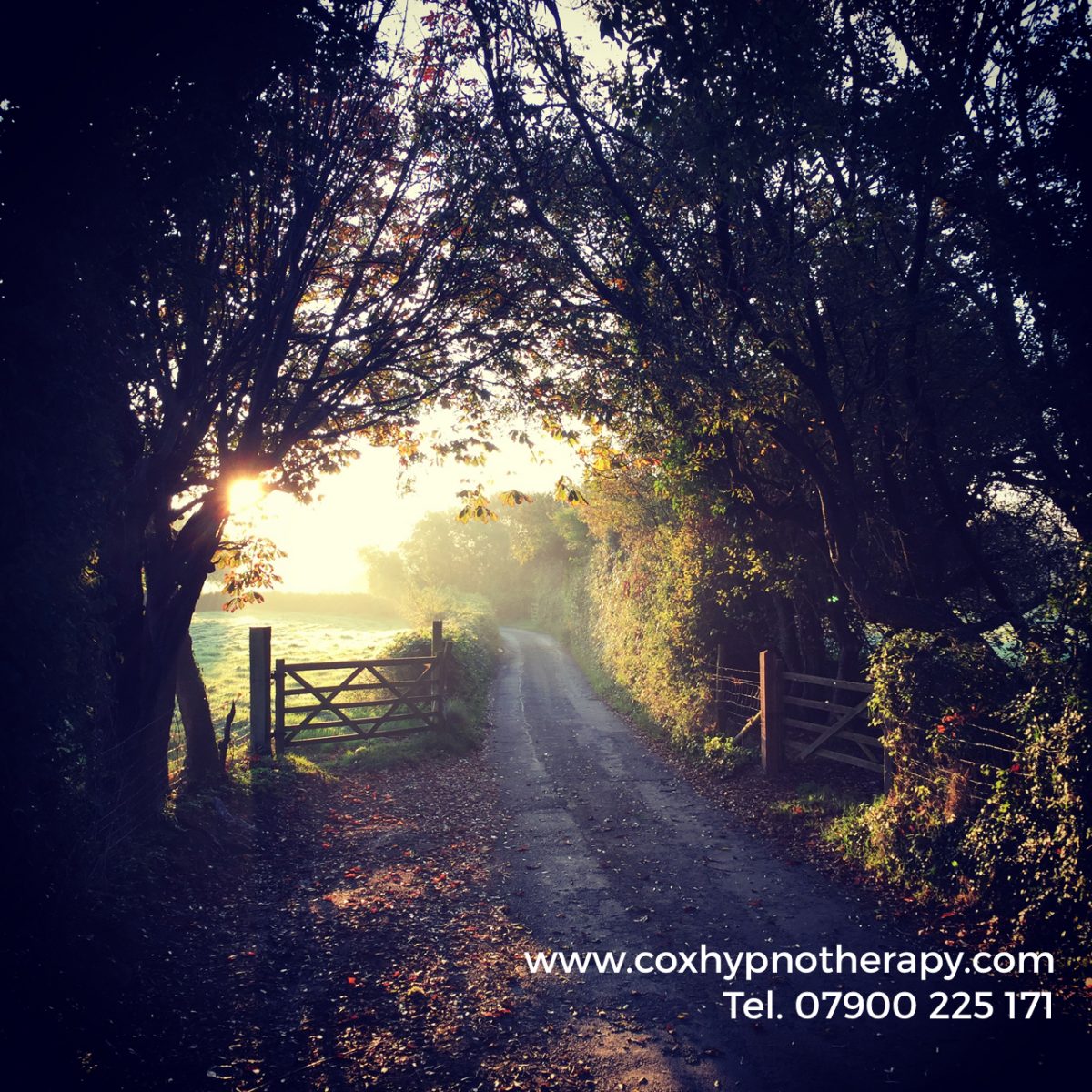The worst thing that could happen to us is not very likely to happen.
But it could. You could discover that you are dying of an incurable disease, or that one of your loved ones is in this condition. Or what’s more even that the end of the world is in sight, or that some other “terrible” event is about to occur. So, how do you deal with this adversity?
Let’s go with the elegant solution:
The probability of you getting a disease is low, but if you do get it, death would still not be awful. Why is it not awful? Because it isn’t 100% bad – you could always die younger or more painfully. And it isn’t so bad that it absolutely should not ever transpire. No matter how bad it is, it should be that bad – because that’s the way it is: very bad!
Nothing is awful, even death. To the best of our knowledge, death is exactly the same state as people are in before they are conceived: Zero. No pain, no hassles, no worries – nothing. Therefore, why upset yourself about it, when you will ultimately face it anyway, and when worrying about it may cause you – until the age of 95! – needless pain.
The advantage of your taking the “Suppose the worst thing does actually happen” approach is that it not only tends to end your ‘awful-izing’ about relatively minor “disasters” but about major ones as well. For if you can see that even the worst possibility, if it does occur, is only highly frustrating and not totally bad, you may thereafter resist making yourself disturbed about practically anything. You can still be concerned but not horrified about exceptionally bad adversities.
You can accept the reality that you have no control
If you adopt this solution to feeling frantic, you will also stop exaggerating the probability of “dire” things actually happening and will make yourself more emotionally hardy. You can accept the reality that you have no control over what we call “fate” and over many accidents that may happen. If you frantically think that you have to control all dangerous events, you still cannot do so, and even if you manage to partly control them, you greatly limit your freedom and your life. Thus, if you avoid “dangerous” airplane flights, you may still be killed in a car crash; and you limit how far you can travel. No matter how you restrict yourself, you may fall victim to some germ or other hazard. Tough! But you do not fully control your destiny.
Work to understand that if some of the worst things happen, you don’t have to feel misery and horror. Great trouble and difficulty, yes. Awfulness and terror, no. You can almost always find some degree of real, personal enjoyment. If you strongly believe that you can! After all, what’s the worst that can happen?









